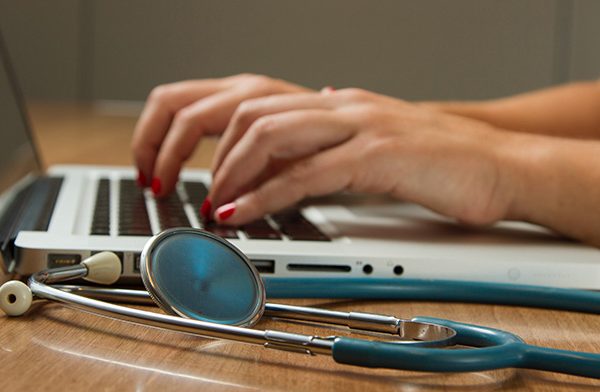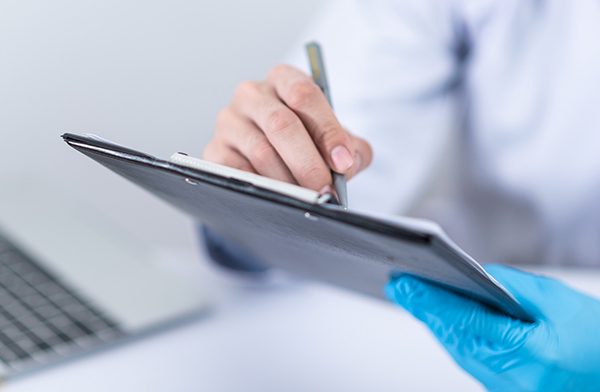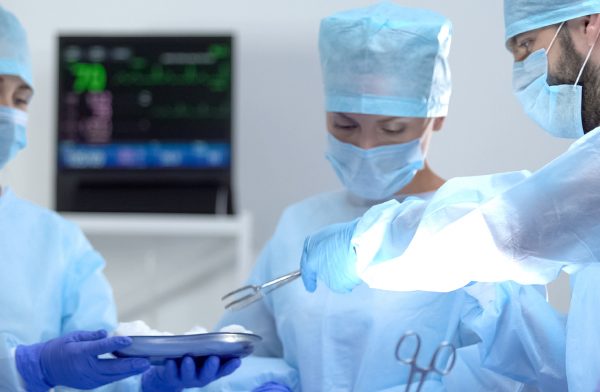
Outside of the immense task of dealing with Coronavirus, the health system is currently facing a series of significant challenges. Beyond workforce, in the UK, for example, we have seen the number of NHS Trusts meeting the A&E waiting times targets fall to an all-time low, average GP waiting times have exceeded two weeks for the first time ever and there is unprecedented pressure on ambulance services.
Set alongside revelations that patients admit to misusing A&E services and over 10 per cent of attendances at A&E are non-urgent, there appear to be even more troubling times ahead.
One way to relieve the pressure on health services is to help patients access the most appropriate treatment in a timely way – this relies on enabling patients to share accurate details of their symptoms with a clinician, clinical call handler or other health professional, from the comfort of their own home. The need for this has been brought into even sharper focus in recent weeks due to the rapid spread of Coronavirus and efforts to contain it.
When dealing with remote cases to help call handlers and clinicians make informed decisions, Capita has augmented its intelligent clinical triage solution, (embedded with governed, accurate and proven clinical triage content and protocols) with its ResponsEye video technology. The call handler can send a direct link to the patient who can then share live video as well as photos of their symptoms. The information is encrypted, digitally fingerprinted and of evidential quality which means it can be stored against the patient record giving a point in time reference in instances where any follow-up actions are necessary.
Using this kind of technology ensures patients get the most comprehensive assessment and are guided to the most appropriate health care setting or, in nearly 25 per cent of assessments, are provided with personalised, relevant self-care advice and health information for their needs.
The benefit for patients is that they feel empowered to take control of their health needs, there is no more uncertainty on where to go or what to do next, no more taking time travelling to an appointment they don’t need.
For GPs, nurses and other healthcare professionals, they can spend more time with patients who need to be seen urgently.
If you would like to find out more about how we are ensuring waiting rooms and A&E departments of the future only have people who need to be there, read our blog on ‘Redesigning outpatients will inevitably lead to better use of clinician time and improve patient experience‘
If you’d like to know about how Capita’s solutions can help you please contact us
Daniel Gilbey, Capita Healthcare Decisions



